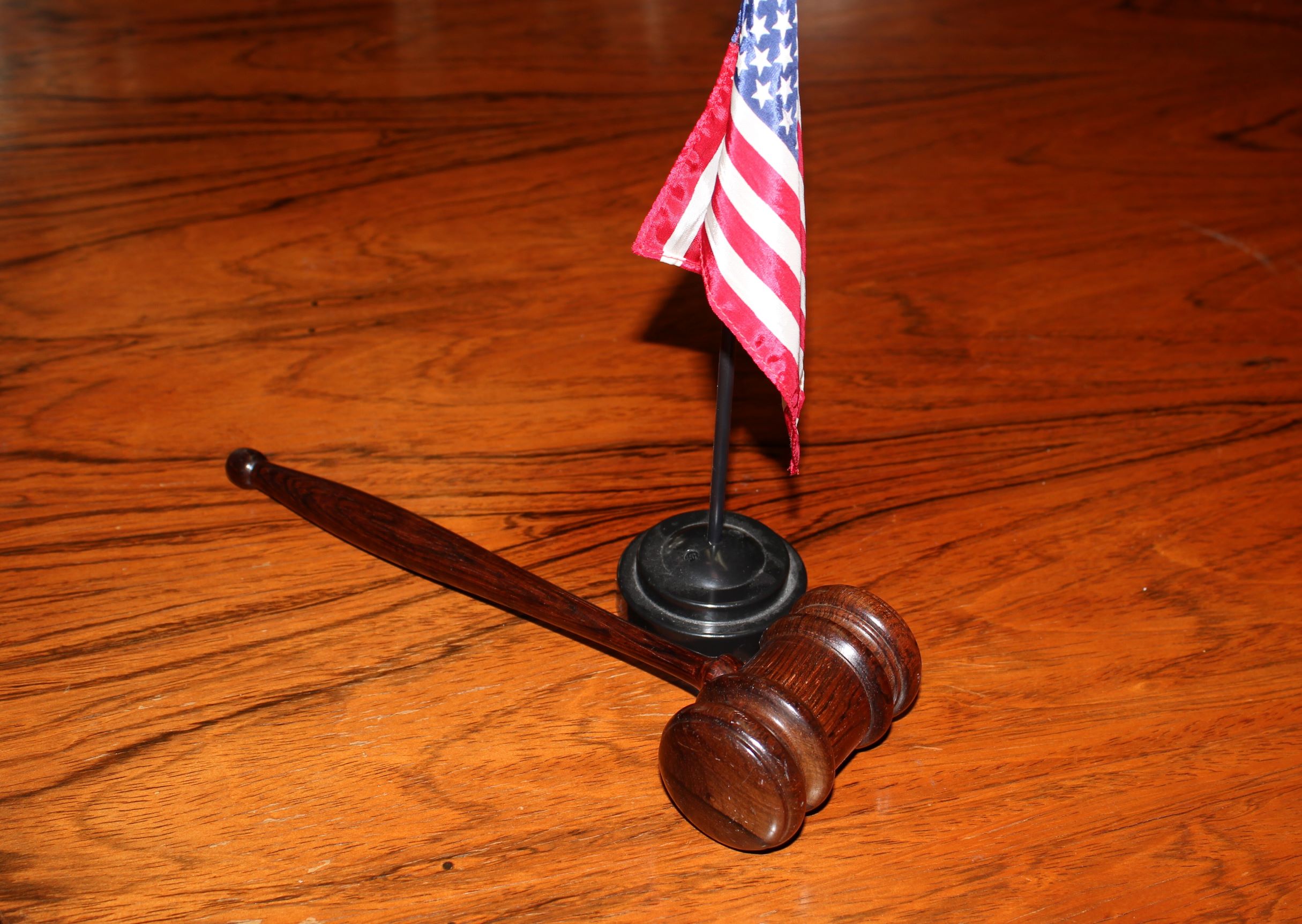
By Dave Workman
Editor-in-Chief
A coalition of 21 state attorneys general, all Republicans, along with an antique firearms collectors’ association and three private citizens have filed a federal lawsuit seeking to enjoin enforcement of the Biden administration’s “Final Rule” changing the definition of “engaged in the business” of firearms sales.
The lawsuit was filed Tuesday in U.S. District Court for the Eastern District of Arkansas, Delta Division.
A similar lawsuit was also filed Tuesday in Texas, according to Ammoland News. Plaintiffs in that lawsuit, filed in U.S. District Court in the Northern District of Texas, are Gun Owners of America (GOA), Gun Owners Foundation (GOF), Virginia Citizens Defense League (VCDL), Tennessee Firearms Association (TFA), Texas, Louisiana, Mississippi, and Utah.
Named as defendants in both lawsuits are U.S. Attorney General Merrick B. Garland, ATF Director Steven Dettelbach, the U.S. Justice Department and Bureau of Alcohol, Tobacco, Firearms and Explosives. Garland and Dettelbach are sued in their official capacities.
One of the individual plaintiffs is former Kansas State Senator Phillip Journey, who now serves as a district court judge in Sedgwick County. He has also served on the National Rifle Association Board of Directors.
The attorneys general signing the 55-page federal complaint represent the states of Alabama, Alaska, Arkansas, Iowa, Idaho, Indiana, Georgia, Kansas, Kentucky, Missouri, Montana, Nebraska, New Hampshire, North Dakota, Oklahoma, South Carolina, South Dakota, Tennessee, Virginia, West Virginia and Wyoming.
Montana Attorney General Austin Knudsen, who has been involved in several AG coalition actions including amicus briefs supporting Second Amendment cases to the Supreme Court, told TGM via email, “This is another attempt by the Biden administration to criminalize law-abiding Montanans for exercising their right to keep and bear arms. I will continue to stand up for our Second Amendment rights and fight the federal overreach coming out of Washington.”
A statement from Knudsen’s office quotes from the federal complaint, “Until now, those who repetitively purchased and sold firearms as a regular course of business had to become a licensee… This rule would put innocent firearm sales between law-abiding friends and family members within reach of federal regulation. Such innocent sales between friends and family would constitute a felony if the seller did not in fact obtain a federal firearms license and perform a background check.”
Journey, who is acting as a private citizen and not in any official capacity, is joined by two other private citizens identified as Allen Black and Donald Maxey.
Via telephone, Journey said, “What they’re trying to do is expand the instant check process to (include) anyone at a gun show.”
The Chisholm Trail Antique Gun Association is based in Wichita, Kan., and conducts gun shows and Cowboy Action shooting events.
In their lawsuit, plaintiffs allege the rule change is in violation of the Administrative Procedures Act because it was not promulgated “in accordance with the law” and is “arbitrary and capricious and is of no force and effect.”
They are asking the court to postpone the effective date of the Final Rule, which is scheduled this month, pending judicial review. They allege the rule “violates rights protected by the Second Amendment and is of no force and effect.” Plaintiffs are also seeking an injunction prohibiting enforcement of the Final Rule.
Last month, the ATF stated in a news release that the Final Rule “clarifies when a person is “engaged in the business” as a dealer in firearms at wholesale or retail by:
- “Clarifying the definition of “dealer,” and defining the terms “purchase,” “sale,” and “something of value” as they apply to dealers;
2. adding definitions for the term “personal collection (or personal collection of firearms, or personal firearms collection),” and for “responsible person”;
3. setting forth conduct that is presumed to constitute “engaging in the business” of dealing in firearms, and presumed to demonstrate the intent to “predominantly earn a profit” from the sale or disposition of firearms, absent reliable evidence to the contrary, in civil and administrative proceedings;
4. clarifying that the intent to “predominantly earn a profit” does not require the person to have received pecuniary gain, and that intent does not have to be shown when a person purchases or sells a firearm for criminal or terrorism purposes;
5. clarifying the circumstances when a person would not be presumed to engaged in the business of dealing in firearms, including as an auctioneer, or when purchasing firearms for, and selling firearms from, a personal collection;
6. addressing the procedures former licensees, and responsible persons acting on behalf of such licensees, must follow when they liquidate business inventory upon revocation or other termination of their license; and
7. clarifying that licensees must follow the verification and recordkeeping procedures in 27 CFR 478.94 and Subpart H, rather than using an ATF Form 4473 when firearms are transferred to other licensees, including transfers by a licensed sole proprietor to that person’s personal collection.”



